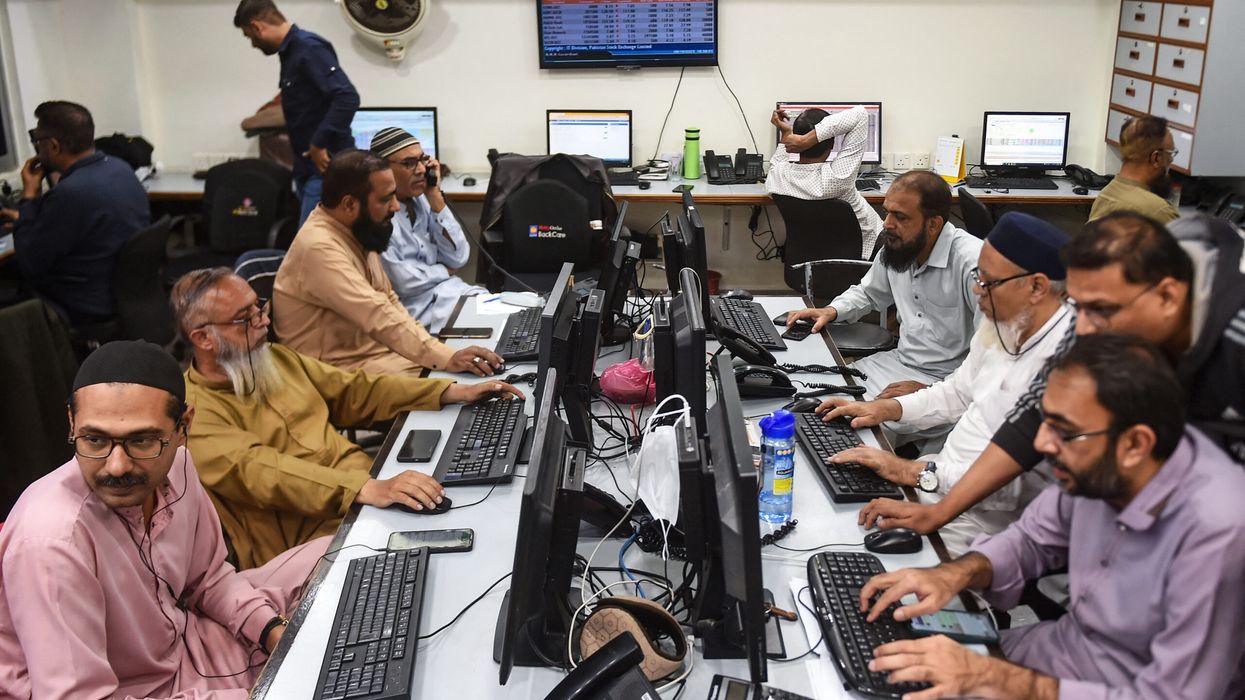PAKISTAN’S central bank on Monday (29) held its key rate at 22 per cent for the fifth policy meeting in a row and increased its full-year inflation projections.
The governor of the State Bank of Pakistan (SBP) said the decision was warranted due to “elevated” inflation – which was 29.7 per cent in December.
He said that a rise in the bank’s average inflation forecast for the fiscal year ending in June to 23 per cent to 25 per cent, from a previous projection of 20 per cent to 22 per cent, was due to the rising prices of gas and electricity in the country.
The decision is the last under a caretaker government before general elections due next week and comes as Pakistan undertakes reforms linked to a $3 billion (£2.37bn) Standby Arrangement with the International Monetary Fund (IMF).
“SBP opted for a wait and see approach during this policy (meeting) and refrained from abruptly starting a monetary easing cycle,” said Tahir Abbas, head of research at Arif Habib Limited.
“Economic indicators are gradually improving and inflation is expected to decline significantly from March 2024 onwards, where we believe that (the) SBP is expected to start a monetary easing cycle,” he said.
The country’s external accounts and foreign exchange reserves have improved, the current account deficit is expected to shrink, the central bank’s governor Jameel Ahmad said.
Pakistan’s key rate was raised to an all-time high of 22 per cent in June to fight persistent inflationary pressures and to meet one of the conditions set by the IMF for securing the bailout.
While the rescue programme has helped avert a sovereign debt default, some of the attached conditions, such as raising its benchmark interest rate, increasing government revenue, and increasing electricity and natural gas prices, have complicated efforts to curb inflation and dampened sentiment. But Ahmad said Pakistan was in a “better position” since signing the stand-by agreement.




